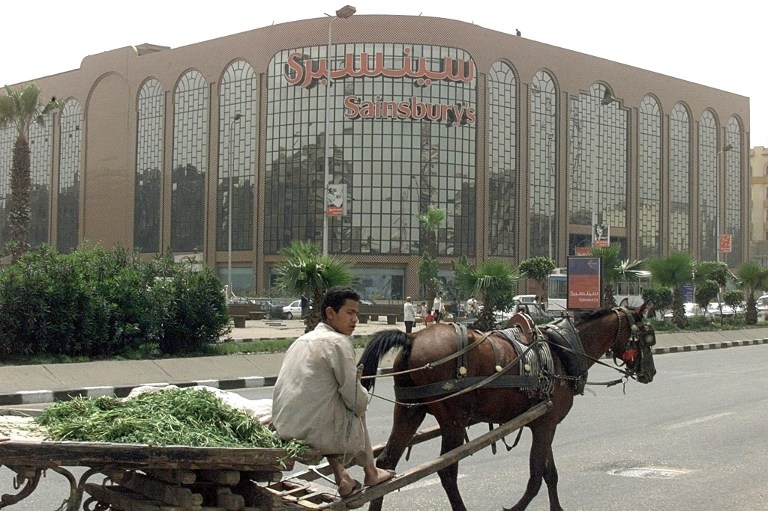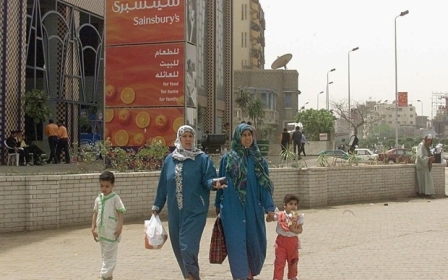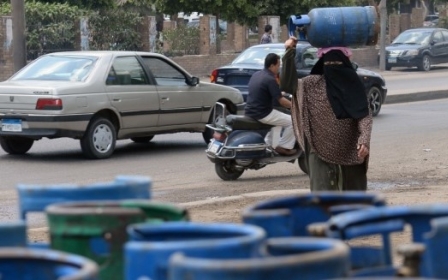Egyptian court acquits Sainbury's CEO of all charges

An Egyptian court has reportedly acquitted the CEO Sainbury’s of all charges linked to a 16 year business dispute, months after he was sentenced to two years in jail.
Mike Coupe had been facing embezzlement charges related to the company’s business dealings in Egypt over the past 16 years.
In late April, Coupe, who was not employed by Sainbury’s in 2001 when the dispute began, had been sentenced in absentia to two years in an Egyptian prison.
“We are pleased that justice has prevailed today,” Sainbury’s told Reuters on Thursday.
The firm also said it had “always strongly refuted” the case brought against Coupe saying it had “absolutely nothing” to do with him.
The allegations fuelling the court case dated back to the British supermarket giant’s botched attempts to break into the Egyptian market in 1999.
At the time, Sainsbury’s bought an 80 percent share in Egyptian Distribution Company (Edge), founded by Egyptian business mogul Amr al-Nasharty, and began operating in the country.
Facing a boycott by many Egyptians over allegations of price fixing, Sainsbury’s withdrew from the market in 2001 after two years of attempts and with an estimated $15.3 mn in losses.
Nasharty has claimed that he was forced to accept the cost of these losses, and that Sainsbury’s sold back his 80 percent share in the company without informing him that it had become insolvent.
He also claimed that on 15 July 2014, Coupe flew to Egypt and attempted to seize the cheques with which Nasharty had bought back his shares in Edge.
Sainsbury's has previously said that Coupe was in London working that day.
This is not Nasharty’s first brush with the judicial system - the tycoon fled to London in around 2003 after a warrant was issued for his arrest in Egypt in light of a string of criminal cases. He returned to the country in early 2012 and turned himself in.
Nasharty was sentenced to six years in prison for writing false cheques, but was later acquitted on appeal.
Egypt’s economy has been flat-lining for years, and its president, Abdel Fattah al-Sisi, has said he wants to attract between $200 and $300 bn in investment to protect future growth.
Egypt has recently attempted to smooth the path for foreign businesses looking to invest in the country, this year introducing a new law that aims to reduce bureaucracy and make deals less vulnerable to legal disputes.
New MEE newsletter: Jerusalem Dispatch
Sign up to get the latest insights and analysis on Israel-Palestine, alongside Turkey Unpacked and other MEE newsletters
Middle East Eye delivers independent and unrivalled coverage and analysis of the Middle East, North Africa and beyond. To learn more about republishing this content and the associated fees, please fill out this form. More about MEE can be found here.




